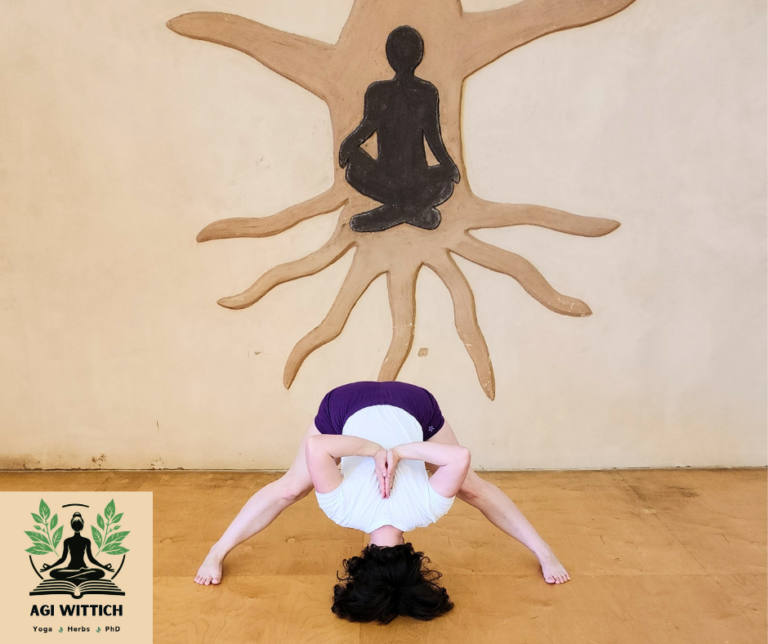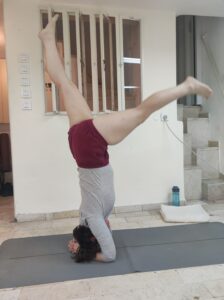Recent research published in the International Journal of Wellbeing has illuminated what many practitioners have long experienced: yoga serves as a powerful catalyst for personal transformation and holistic well-being. This groundbreaking study delves deep into how yoga practice influences not just our physical health, but fundamentally shapes our emotional resilience and personal growth.
At the heart of yoga’s transformative power lies its ability to foster self-awareness. The research reveals how the combination of mindful movement and conscious breathing creates a unique space for self-discovery. This isn’t merely about becoming more flexible or stronger; it’s about developing a more nuanced understanding of our internal landscape. Through regular practice, participants reported discovering aspects of themselves they had never previously explored, leading to meaningful personal insights and growth.
Emotional Intelligence Through Practice
One of the study’s most striking findings concerns emotional development. The research demonstrates how yoga practice cultivates emotional intelligence in ways that extend far beyond the mat. Practitioners develop not just awareness of their emotional states, but also the capacity to respond rather than react to challenging situations. This emotional maturity manifests in several ways:
Through sustained practice, participants reported enhanced ability to:
- Recognize emotional patterns more clearly
- Respond to stress with greater equilibrium
- Navigate relationships more skillfully
- Maintain emotional balance during difficulties
The research particularly emphasizes yoga’s role in developing psychological resilience. Regular practice appears to build an internal reservoir of strength that practitioners can draw upon during challenging times. This resilience isn’t about becoming impervious to difficulty, but rather about developing the capacity to move through challenges with greater grace and adaptability.
Perhaps most significantly, the study documents substantial improvements in overall quality of life among regular practitioners. These improvements manifest across multiple dimensions:
|
What makes this research particularly valuable is its recognition of yoga as a comprehensive system for personal transformation. While the physical benefits of yoga are well-documented, this study highlights how the practice affects practitioners on multiple levels simultaneously. The integration of body, breath, and awareness creates a unique environment for holistic growth.
Practical Implications
For those considering or currently practicing yoga, the research offers several valuable insights. First, the benefits of yoga practice accumulate over time. While immediate effects are often noticeable, the deeper transformative impacts emerge through consistent practice. Second, the importance of approaching practice with openness and curiosity rather than focusing solely on physical achievement. Third, the value of integrating mindful awareness and breathing practices rather than treating yoga as purely physical exercise.
This research adds to our understanding of yoga as a powerful tool for personal transformation in our modern world. It suggests that as we face increasing challenges to our well-being, yoga offers a time-tested approach to developing the resilience, awareness, and emotional stability needed to thrive.
For current practitioners, these findings validate the profound effects they may have experienced. For those considering starting a yoga practice, the research offers evidence-based encouragement that their investment of time and energy can yield significant returns in personal growth and well-being.
Friedrich, C., & Lomas, T. (2024). Embodied superpower: A qualitative study of the experience of highly sensitive wellbeing practitioners. International Journal of Wellbeing, 14(3), 1-26.




